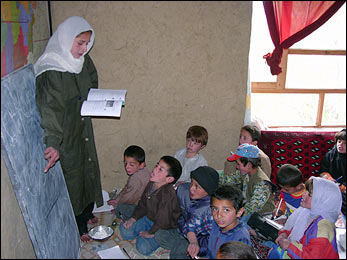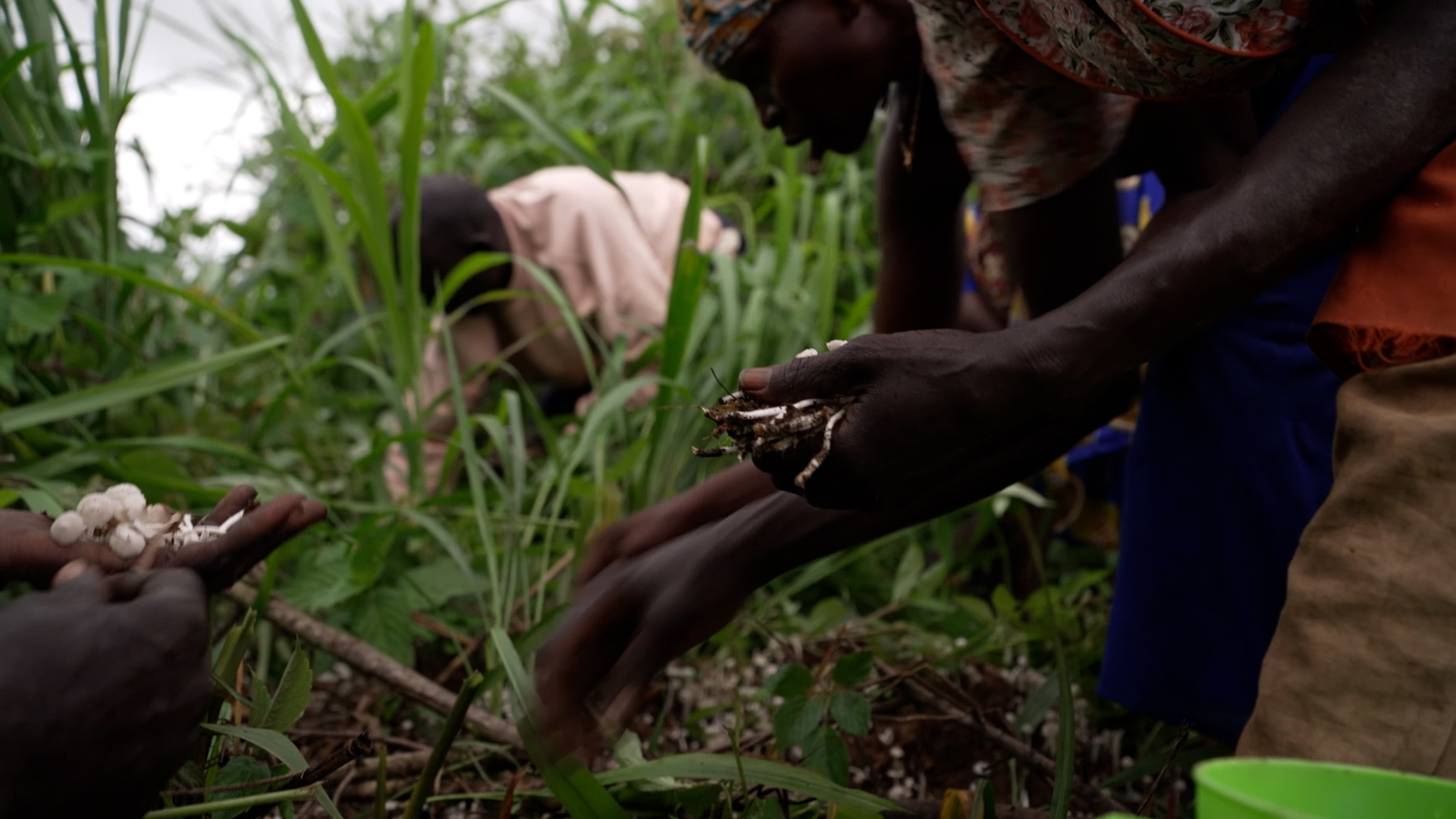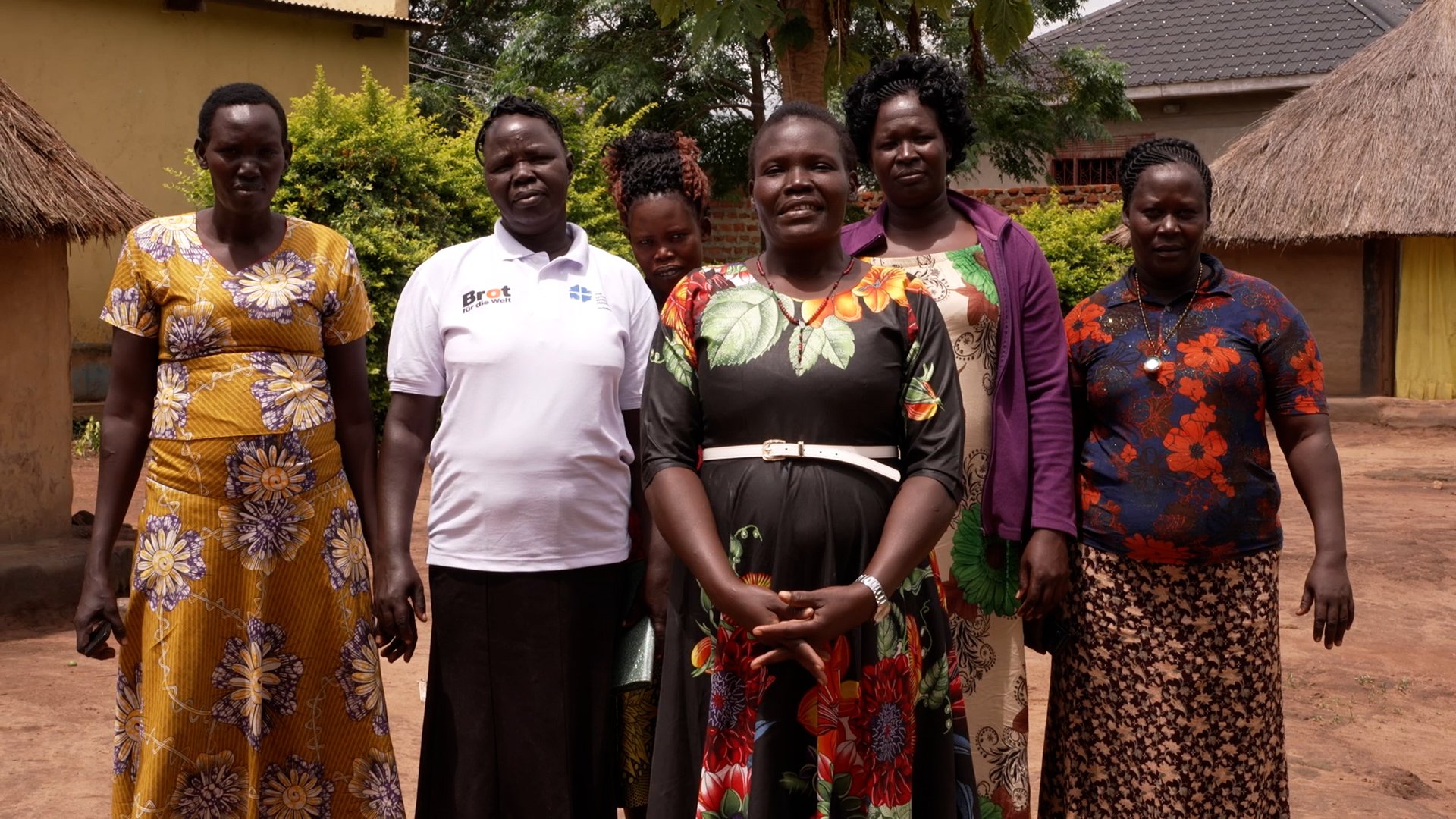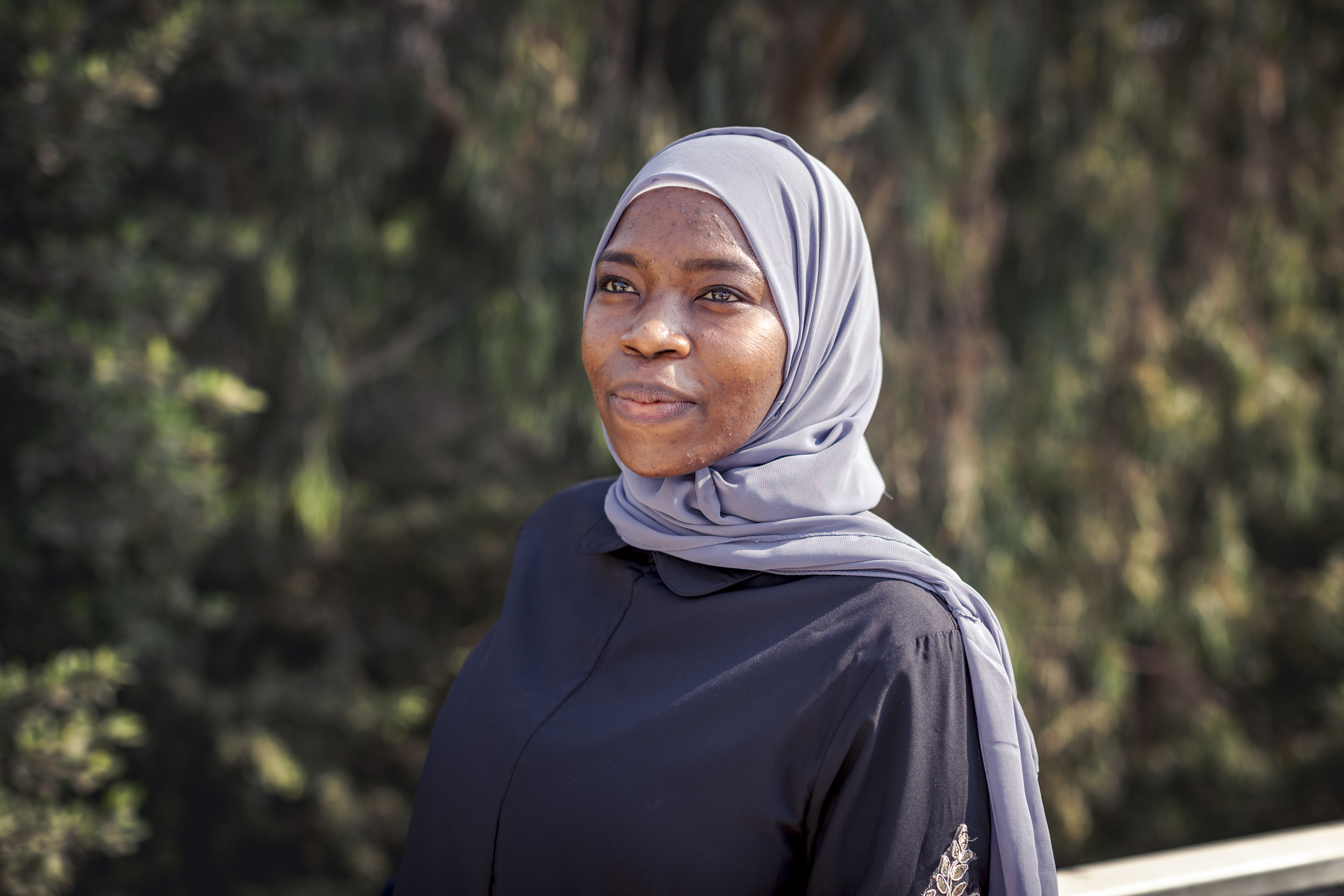Afghan returnee family brings with them love of learning
Afghan returnee family brings with them love of learning

KHAN BAIHI, Afghanistan, July 4 (UNHCR) - A jumble of small plastic sandals covers the landing in front of the narrow mud-walled room. The boisterous sound of schoolchildren fills the space as they shout out the letters their teacher points to on the blackboard.
Inside this nondescript house at the foot of the Hindu Kush Mountains in central Afghanistan, an ordinary event is taking place in extraordinary circumstances. In an area where the nearest school is several kilometres away and is only open to boys, girls between the ages of six and 18 are learning to read and write in the home of a family who, until last year, were refugees in Iran.
Mohammed Sadiq and his wife fled their native Parwan province following the invasion of the Soviet army. For 19 years they lived in neighbouring Iran, raising four daughters and two sons and waiting for a time when they could return to Afghanistan. Last year after contacting UNHCR, they decided to make the journey.
"We left because of war. We returned because of peace," says 18-year-old Parween. A confident and well-spoken young woman, she, like all of Mohammed's children, spent her entire life in Iran before returning to the isolated hilltop village of Khan Baihi.
"I am an educated man," says Mohammed. "And it was my strong desire to educate my children." Though he struggled at times to meet the cost of schooling, Mohammed ensured his daughters always attended classes. When he returned to his home, he found that the education he had worked so hard to provide for his children was denied the girls of the village. He decided to provide an alternative.
"A few months after we returned, I went to the mosque when I knew all the men would be there praying. I said to them, 'My daughters are educated and they can also provide your children with an education.' We created a classroom in our house and that was how it began."
Poverty - which would normally require boys to work to help support their families - and traditional suspicions towards educating girls meant that the home school got off to a slow start. "I had to advertise the classes under the title 'Let's Learn the Koran'," says Mohammed. Even then, the first three students were his nieces.
But word of the free schooling soon spread. And while the classes were open to boys and girls, having Parween and her 16-year-old sister Nasreen as teachers meant that large numbers of families that would otherwise have kept their daughters home agreed to let them attend school.
Today more than 100 children regularly attend the school, and Mohammed has had to take on the responsibility of teaching the older boys. But its popularity and the family's commitment to keeping the classes free have begun to create financial strains.
A donation from the UN refugee agency of several hundred notebooks and pencils as well as soap and other household items will help the family to continue their selfless work.
"We see the school as a humanitarian gesture," says Mohammed. "We've created something which is very popular and when the children are this keen, how can we stop?"

Parween, while adhering to her father's ideals for the school, also offers a pragmatic vision for the future. "We have had such a strong response from girls and with nothing else for them in the area, we could turn this into an all-girls school. That way my father could return to work."
At four o'clock, classes end, the tangled heap of shoes are slipped back onto their owners' feet, and the group of children race down the steep mud paths that connect their homes. If Parween and Nasreen are having difficulties adjusting to their new lives back in Afghanistan, they show no sign of it. And as they stand at the doorway watching their young students return home, their smiles suggest a deep satisfaction that they have returned with something to give.
By Tim Irwin in Kabul, Afghanistan








